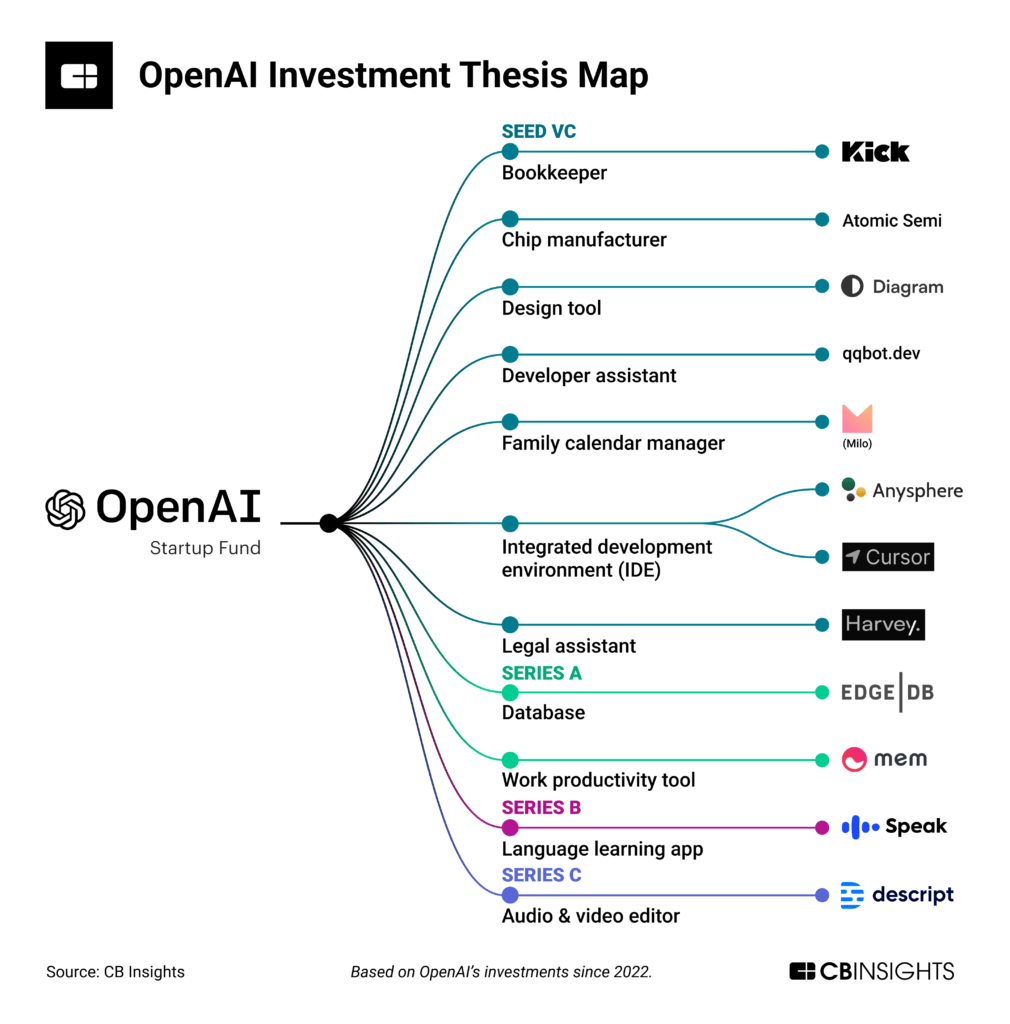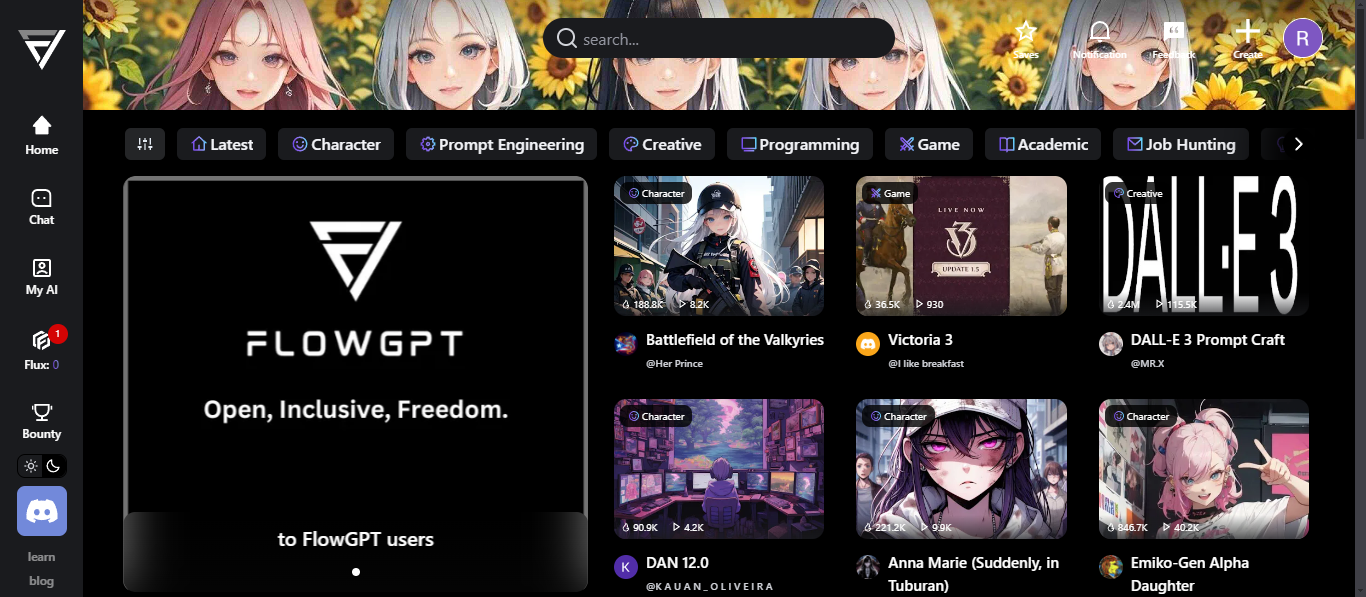A few months ago, OpenAI launched the GPT Store, a marketplace where people can create and list AI-powered chatbots customized to perform a number of tasks (e.g., coding, answering trivia questions). The GPT Store is powerful, but using it requires using OpenAI’s models exclusively, which some creators and users are opposed to doing.
In response, startups like FlowGPT are emerging as alternatives. FlowGPT aims to be an “app store” for generative AI models, including Google’s Gemini, Anthropic’s Claude, Meta’s Llama 2, and OpenAI’s DALL-E 3, as well as front-end experiences for those models. Through FlowGPT, users can build their own GenAI-powered apps and make them publicly available, earning tips for their contributions.
Meet the Founders
Co-founded by Jay Dang, a UC Berkeley computer science dropout, and Lifan Wang, a former engineering manager at Amazon, FlowGPT was born out of a desire to create a platform where people could quickly create and share GenAI apps. Dang describes FlowGPT as an “ecosystem” for GenAI-powered apps, providing infrastructure, creator tools, a marketplace, and a community for users and creators. Users get a feed of apps and collections recommended to them based on categories like “Creative,” “Programming,” “Game,” and “Academic,” while creators have options for customizing the behavior and appearance of their apps.
Interaction with GenAI apps on FlowGPT is through a chat window similar to ChatGPT, with options to type prompts, rate apps, share conversations, and tip creators. Each app comes with a description, creation date, usage statistics, and the recommended model to power it.
Challenges Ahead
However, FlowGPT heavily relies on ChatGPT, and many apps break when the model is switched from the default. This can be due to the selected model’s capabilities or running up against its filters and safeguards. Some of FlowGPT’s popular apps are jailbreaks designed to circumvent models’ safety measures, potentially causing harm. FlowGPT offers a toggle for “sensitive content” and allows users to report offensive apps, but moderation is a challenge, and the effectiveness of the toggle is questionable.
Despite these challenges, investors like Goodwater see potential in FlowGPT, leading a $10 million “pre-Series A” round. Goodwater partner Coddy Johnson believes FlowGPT is leading the way in GenAI by offering choice, flexibility, and freedom to both users and creators.
What’s Next
Dang acknowledges the need for improvement, stating that FlowGPT is committed to ethical practices and public safety. The company is proactively engaging with experts in AI ethics to develop strategies to minimize risks associated with AI deployment.
Currently, FlowGPT is not revenue-generating but is beta-testing apps for Android and iOS, revamping the FlowGPT experience for mobile, working on a revenue-sharing model for app creators, and expanding its team. Dang believes FlowGPT is setting a new standard for immersion in AI-driven environments, offering a world where creativity knows no bounds, and remains committed to cultivating a more open and creator-focused platform.
































